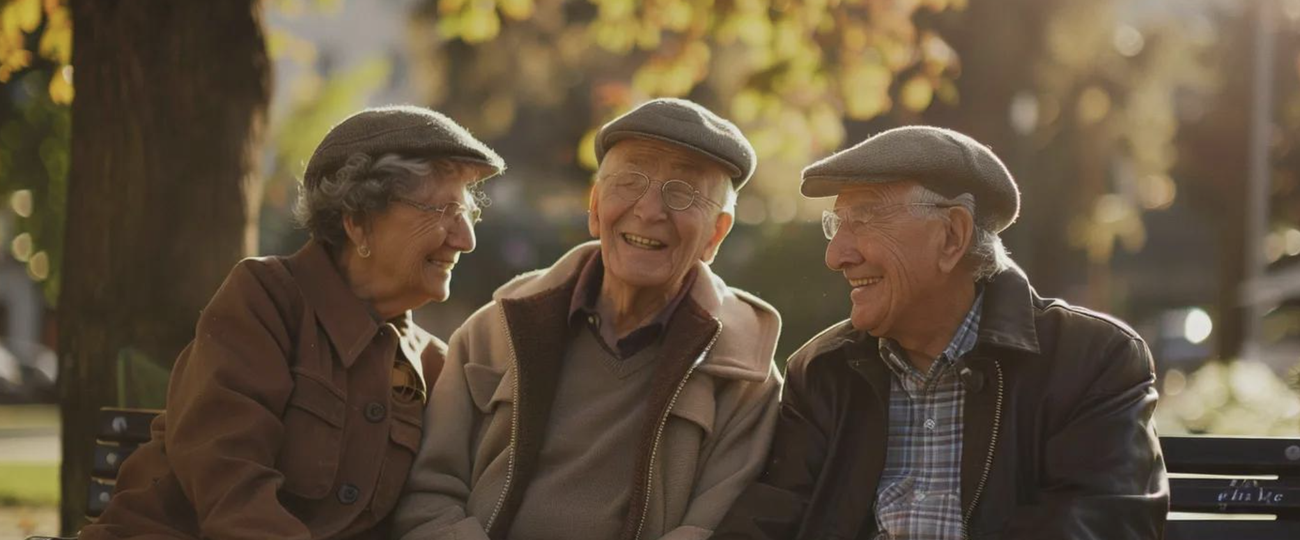7 Body Language Tips for Better Visits with Someone Living with Dementia | Alzheimer Calgary

When visiting someone living with dementia, how you communicate without words can be just as important as what you say. In fact, research shows that most human communication happens through non-verbal cues rather than the words we choose. These simple body language strategies can help create more positive, meaningful visits with your loved ones.
The Power of a Welcoming Presence
Smile and wave: This simple gesture immediately signals recognition and warmth. You see them—let them know that! A genuine smile and friendly wave creates a positive first impression and helps establish a comfortable atmosphere.
Make eye contact: Direct eye contact shows you're present and engaged. It helps establish connection and trust, making the person feel seen and acknowledged.
Relax your body: Uncross those arms and release tension from your shoulders. Warm, welcoming body language communicates acceptance and openness in ways words simply cannot.
Creating a Comfortable Conversation Space
Meet them where they are: If they're sitting down, try positioning yourself at their level rather than standing over them. Speak in a calm, reassuring voice. These small adjustments help the person feel more at ease and create a sense of equality in the conversation.
Minimize distractions: Bright lights and background noise can make communication more challenging for someone with dementia. Choose quieter settings when possible, or reduce environmental stimulation to help them focus.
Patience Makes Perfect
Chill for a minute: Give the person time to process what you're saying and respond. It might take a little longer than usual for them to respond, or you might need to try again, and that's perfectly OK. Your patience demonstrates respect and understanding.
Listen closely: Active listening shows you value what they have to say. Focus completely on the conversation rather than planning what you'll say next.
Prompt gently for more: Small gestures like leaning forward slightly, nodding, and acknowledging their words can encourage continued conversation. These subtle cues show you're interested and engaged.
Remember that the goal of your visit isn't perfect communication—it's meaningful connection. By being mindful of your body language, you create a supportive environment where meaningful moments can flourish despite the challenges of dementia.
As Alzheimer Calgary reminds us: "It's still me in here." Behind the dementia, your loved one remains. Your thoughtful body language helps you reach them where they are today.
For more suggestions on how to have a great visit with a person living with dementia, please reach out to Alzheimer Calgary’s team of Dementia Support Navigators, free of charge.
